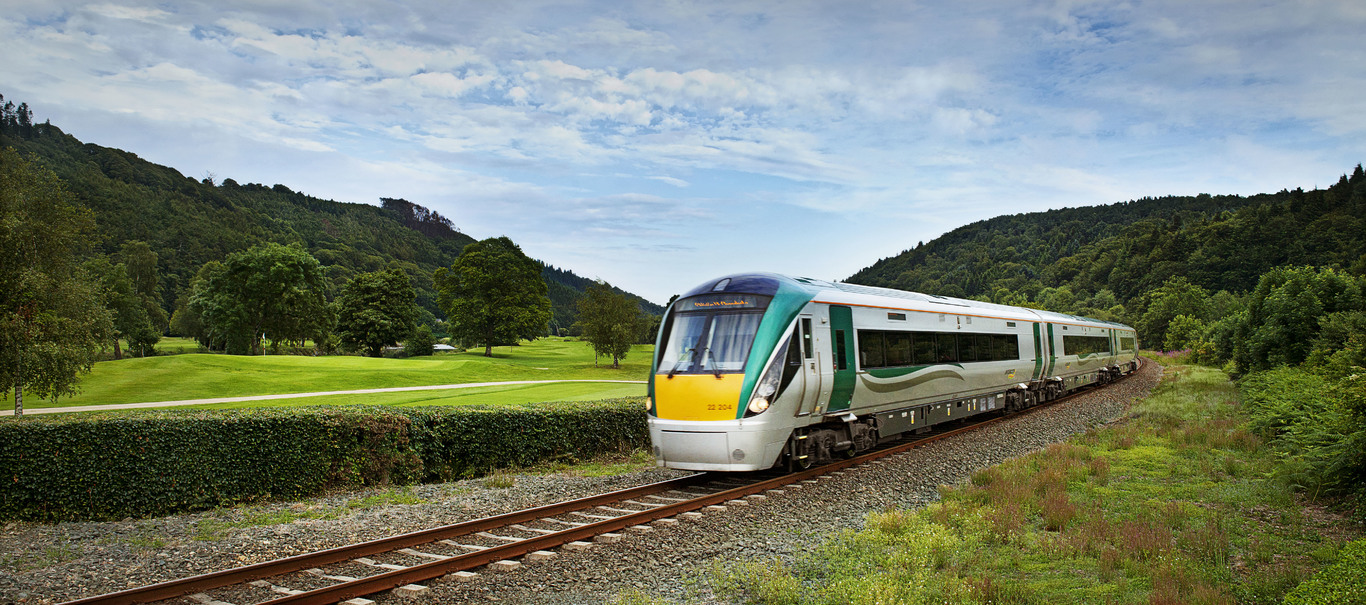Where psychology meets engineering: Irish Rail has just hired its first 'human factors' specialist
Nora Balfe will be working with the company to reduce risks due to human error.
IRISH RAIL DID something a little different when it hired Nora Balfe a couple of months ago.
The Irish woman is its first ever specialist in human factors – a broad discipline applying psychology to examine how people interact with machines and systems.
As Balfe describes it, it’s all about “understanding how people process information and make decisions, and act on it”. By understanding that, one can understand where they might make errors.
“Human factors brings in the interaction between the driver and the train system.”
Balfe is well qualified for the role. With a background in aeronautical engineering, she first encountered human factors while researching aircraft accidents for her final year dissertation. She went on to do a Masters and a PhD in human factors, and has also worked in air traffic control.
What does she do?
Since starting in Irish rail just over two months ago, Balfe has been developing training courses for different levels of employees in the organisation.
This goes from train drivers and signalers, to managers and investigators “who might need to know a bit about how people behave in certain circumstances – so they can understand why people did what they did – and people doing risk assessments so that they can predict what people might do in situations”, she said.
The place she can have the biggest impact is in the big changes, she said. Irish Rail is building a new national control center at Heuston Station. Balfe will be instrumental to the design of the layout “making sure it supports people in what they’re being asked to do instead of them being difficult to work with”.
She will also be involved in newly procured fleets, to make sure they are designed around driver and passenger needs.
‘Just culture’
As a discipline, human factors has been around in aviation for a long time, Balfe said, but it’s slightly newer in rail and has only become a central in the area in the last decade or so.
Part of the reason for this is because rail is systematically safer than aviation – where the need is more obvious.
“One of the big focuses of human factors is to involve end users in the design – to consult them – that’s both to get their experience and knowledge of what it’s really like to do the job, and to make sure that’s reflected in the design,” she said.
Part of this is developing a ‘just culture’ process, for when people make errors “because they do, and it’s human nature to make errors” said Balfe.
“There’s a temptation with genuine errors to punish them because the consequences could be so big,” said Balfe.
From a human factors perspective, it makes more sense to implement a process where failing to follow the rules is a violation, versus someone who was trying their best and made an error.
Automation
In industries where safety is critical, human factors is typically thought to be behind more than 80% of major accidents.
“One of the big myths is that when we automate something we don’t need human factors anymore because we don’t have drivers anymore,” said Balfe.
But as our use of technology grows, so too does the need for this kind of intervention.
“There’s always degraded modes where the automation isn’t working,” she said.
“You’ve still got human errors by the designers. There are bugs in every software”.
Get our Daily Briefing with the morning’s most important headlines for innovative Irish businesses.






